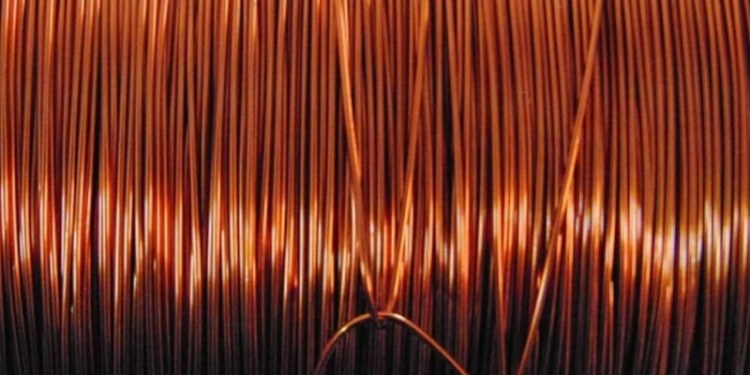By Geert De Clercq and Karolin Schaps
PARIS/LONDON (Reuters) – French utility EDF’s oversight of Areva, which will supply Britain’s new Hinkley Point nuclear reactors, was brought into question in an internal document by Britain’s Office for Nuclear Regulation (ONR).
Following the discovery of manufacturing irregularities and the falsification of documents at Areva’s Creusot Forge foundry last year, French nuclear regulator ASN and several other international regulators inspected the site in early December.
In an ONR report about the visit dated Dec. 16, disclosed under a Freedom of Information request and seen by Reuters, the ONR said the nuclear safety culture at Creusot Forge fell short of expectations and warned about the implications for EDF’s Hinkley Point project, in southwest Britain.
“ONR should consider the adequacy of EDF’s … oversight and assurance arrangements for Areva as a key supplier to Hinkley Point, given the performance shortfalls at Creusot Forge and the associated risks to (nuclear) components manufacture,” the regulator said.
The ONR on Friday confirmed the release of the document and said it had since decided to implement a series of additional inspections of EDF and its supply chain to ensure all components are manufactured to the required standard.
An ONR spokeswoman said the regulator will also carry out a regulatory review before the end of the year to assess progress of EDF’s oversight of the quality of its supply chain.
A spokesman for EDF Energy in Britain said, “Steel forgings for Hinkley Point C will be manufactured to the most stringent nuclear standards which are reviewed and assessed by the independent UK regulator, the Office for Nuclear Regulation.
“EDF Energy also has its own inspection and quality assurance programme to provide the required confidence that the components manufactured by Areva for Hinkley Point C meet those exacting standards,” the spokesman said.
The ONR report said after an inspection in late 2016, an international team from France, Canada, the United States, China, Finland and Britain had concluded that the nuclear safety culture at Areva’s Creusot Forge foundry fell short of what regulators expect from a major supplier of nuclear equipment.
It added that improvement measures deployed to date had yet to be effective and said despite the prohibition of the use of correction fluid on documents at the foundry, the inspectors found evidence of its continued use.
“It is extraordinary that after all the reports about falsifications, staff at Le Creusot were still using Tipp-Ex,” said University College London professor Paul Dorfman, who obtained the ONR report under a Freedom of Information request.
Following the discovery of irregularities at Creusot Forge last year, two EDF nuclear reactors have been halted for months, utilities worldwide have launched reviews of Areva-made parts and the Paris prosecutor in December opened an investigation into the suspected falsification of documents.
French regulator ASN, in a letter to Areva in late January, asked the firm detailed questions about how it planned to address the safety issue. Areva must answer that letter by the end of this month.
The ONR report said inspectors had found there was a lack of understanding of the nature and causes of the recent quality failings on the part of workers and their supervisors.
It also noted Creusot Forge had not determined why internal inspections and audits carried out in past decades had not found and addressed the falsification activities.
(Reporting by Geert De Clercq in Paris and Karolin Schaps in London; Writing by Geert De Clercq; Editing by Elaine Hardcastle and David Evans)




























